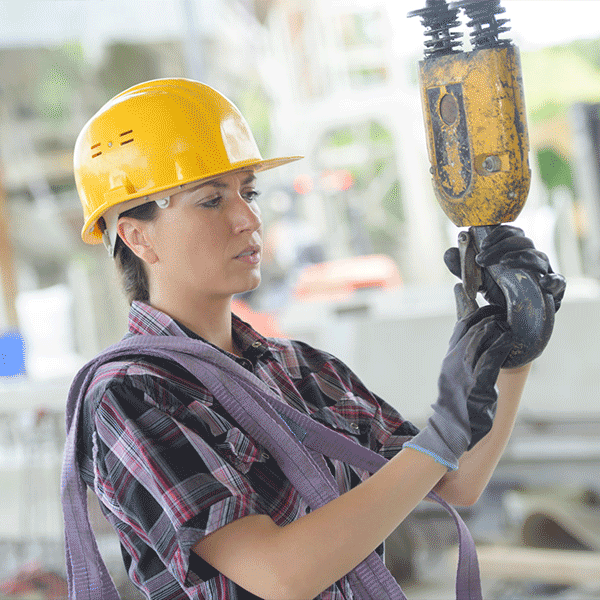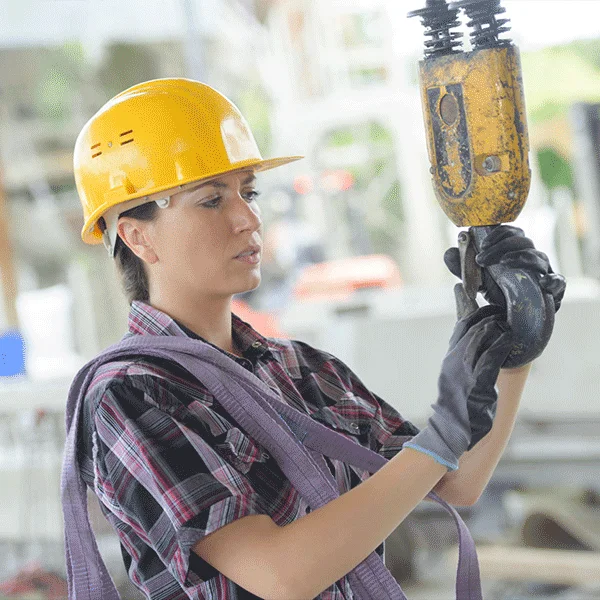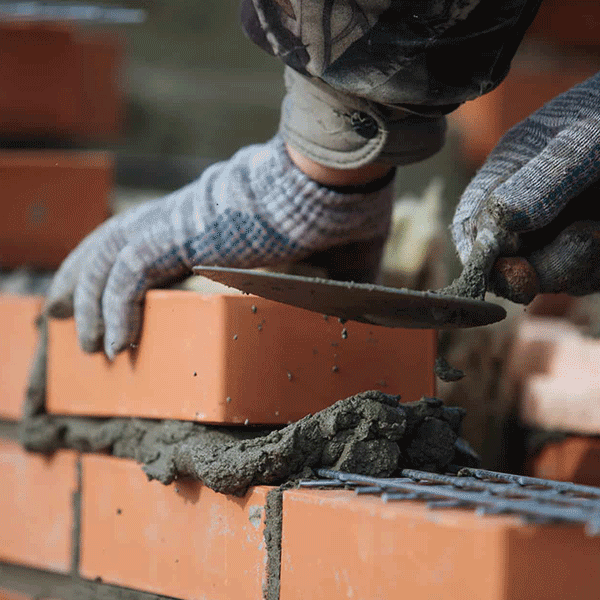RIGGEER
RIGGEER
A Rigger is a skilled professional responsible for setting up and maintaining equipment used to lift and move heavy objects, typically in industries such as construction, manufacturing, shipping, and entertainment (e.g., stage rigging). Riggers ensure that loads are securely attached and balanced to prevent accidents during lifting or moving operations. Below are the details of a Rigger’s role:
Job Responsibilities
- Equipment Setup:
- Inspect and prepare rigging equipment such as cables, ropes, pulleys, and hooks.
- Set up cranes, hoists, and other lifting machinery.
- Load Preparation:
- Calculate load weights and ensure they are within the safe working limits of the equipment.
- Attach slings, chains, or cables to loads securely using appropriate knots, hitches, or clamps.
- Lifting Operations:
- Direct crane operators or other machinery operators during lifting and moving operations.
- Use hand signals or radios to communicate with operators.
- Safety Checks:
- Inspect rigging equipment before and after use to ensure it is in good condition.
- Identify and report any defects or damage to equipment.
- Balancing and Securing Loads:
- Ensure loads are balanced and properly secured to prevent shifting during movement.
- Use spreader bars, beams, or other tools to distribute weight evenly.
- Maintenance and Repair:
- Perform basic maintenance on rigging equipment, such as lubricating moving parts or replacing worn components.
- Repair or replace damaged rigging gear as needed.
- Compliance with Regulations:
- Follow safety standards and regulations (e.g., OSHA in the U.S., LOLER in the UK).
- Ensure all rigging operations comply with company policies and legal requirements.
- Documentation:
- Maintain records of inspections, equipment usage, and incidents.
- Report any accidents or near-misses to supervisors.
Skills and Qualifications
- Physical Strength and Stamina: Ability to lift heavy objects and work in physically demanding conditions.
- Attention to Detail: Precision in setting up and inspecting rigging equipment to ensure safety.
- Technical Knowledge: Understanding of rigging techniques, equipment, and load calculations.
- Communication Skills: Ability to communicate clearly with team members and machinery operators.
- Problem-Solving Skills: Quick thinking to address issues during lifting operations.
- Certifications: Many employers require certifications such as:
- NCCCO (National Commission for the Certification of Crane Operators) for riggers in the U.S.
- CPCS (Construction Plant Competence Scheme) for riggers in the UK.
- OSHA Rigging Certification.
Work Environment
- Riggers work in various industries, including construction, shipbuilding, oil and gas, manufacturing, and entertainment.
- The job often involves working outdoors or in challenging environments, such as heights, confined spaces, or adverse weather conditions.
- Riggers may work irregular hours, including nights and weekends, depending on project deadlines.
Education and Experience
- Education: A high school diploma or equivalent is typically required. Specialized training in rigging or crane operations is highly beneficial.
- Experience: Hands-on experience in rigging or a related field is often required. Entry-level positions may require 1-2 years of experience.
- Certifications: Many employers prefer or require riggers to hold certifications such as:
- NCCCO Rigger Certification
- OSHA Rigging and Signalperson Certification
- CPCS Rigging and Lifting Certification
Salary
- The salary of a Rigger varies depending on the industry, location, and level of experience. On average:
- In the U.S., the salary ranges from 40,000to40,000to70,000 per year.
- In the UK, the salary ranges from £25,000 to £45,000 per year.
- In other countries, salaries may vary based on local standards and demand.
Career Progression
- With experience, Riggers can advance to roles such as:
- Senior Rigger
- Rigging Supervisor
- Crane Operator
- Health and Safety Officer (with additional training)
- Additional certifications and specialized training can enhance career prospects.
Importance of the Role
Riggers play a critical role in ensuring the safe and efficient movement of heavy loads, which is essential for the success of many industrial and construction projects. Their expertise helps prevent accidents, equipment damage, and project delays, making them invaluable to their teams.








